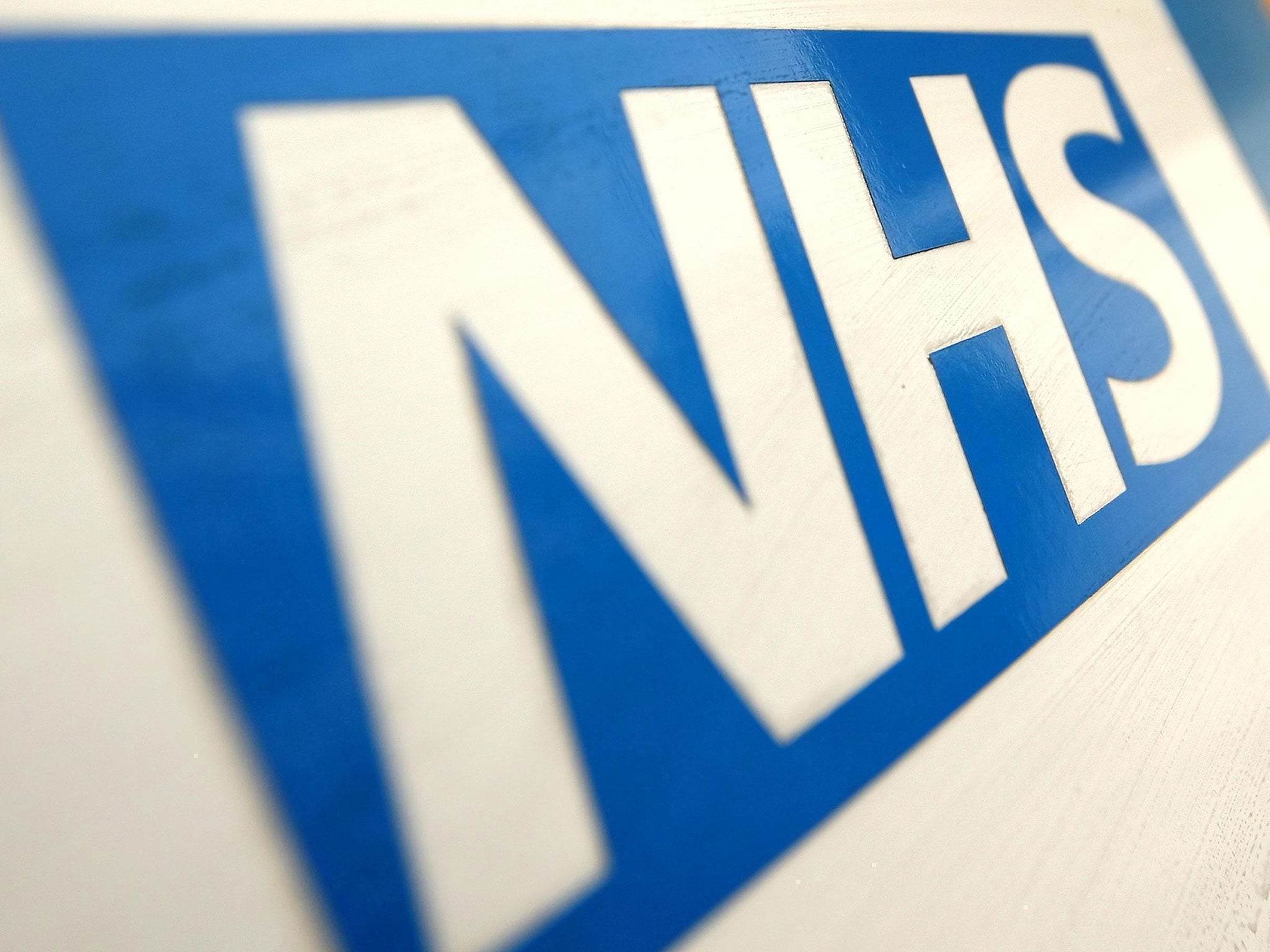£25 to see your GP: Majority of doctors want to charge patients for routine appointments
Doctors say that patient demand has become unmanageable

The ideal of an NHS free at the point of need was dealt a serious blow today, as a survey of family doctors revealed unprecedented levels of support for charging patients for routine appointments.
For the first time in recent memory, more than half of GPs believe patients should pay fees to see their doctor. The majority of those in favour said that charges should be between £5 and £25 per appointment.
Doctors say that patient demand has become unmanageable and warn that changes to GP contracts have heaped more work on them without increasing their funding. But patients said that GPs were threatening the “founding principles” of the NHS.
The survey, carried out by the GP trade magazine Pulse, found that 51 per cent of GPs supported fees. Many now believe that the charges, which would put off many patients from visiting unless they had a serious condition, are the only way to reduce their workloads.
Any call for fees would be fiercely opposed by patients and is a divisive subject within the medical profession.
Katherine Murphy, chief executive of the Patient’s Association said that GPs should not punish patients for problems in primary care.
“The NHS was founded on clinical need, not the need to pay and is meant to be free at the point of use. This survey seems to threaten those founding principles,” she said.
“We have already expressed concerns that the reforms to primary care introduced by the Health and Social Care Act would mean GPs spending less time with their patients and more time on bureaucracy.”
The Royal College of General Practitioners (RCGP), which opposes fees, warned its members of allowing “an American-style system” to take root, but said that the survey results reflected a profession “wilting under rapidly expanding workloads”.
Dr Helen Stokes, RCGP honorary treasurer said: “The solution lies with the Government sufficiently investing in general practices and rectifying the current situation where GPs conduct 90 per cent of NHS contacts [with patients] for 9 per cent of the NHS budget.”
The Department of Health said that it remained committed to an NHS “free at the point of use”. GPs could not begin charging fees without a major change to laws brought in with the establishment of the NHS.
However, an increasing number of NHS trusts are already charging patients for some services and at its conference last month, the British Medical Association called for a debate over which services the NHS could reasonably afford to offer for free.
Dr Chaand Nagpaul, chair of the BMA GP committee said that charging for routine visits to the doctor was not on the table.
“Charging patients to visit their GP would be a damaging and backward step that would undermine the very principles on which the NHS was founded,” he said. “All patients have a right to free healthcare and that is based on their clinical needs and it is right that this be protected. I would also be concerned that trust between patients and their GPs would be undermined. Many may also be put off coming to their local surgery when they might need care.”
The result of the survey, which polled 440 GPs, uncovered a profoundly frustrated profession, the editor of Pulse, Steve Nowottny, said.
“If GPs are backing this, it is likely they are doing so reluctantly,” he told The Independent. “They are seeing patients every day who perhaps they don’t need to see or who could be dealt with elsewhere in the health service, so they believe a small fee would discourage patients from attending unless they really needed to.”
“From what GPs have been telling us, what this really represents is not that they necessarily want to charge patients – most GPs are very committed to the NHS being free at the point of delivery. But there is a real feeling that patient demand is becoming unmanageable at the same time as GP workload has gone up. The new GP contract has ratcheted up pressure.”
In a similar poll last September, only 34 per cent of GPs said they would support charges.
Changes to the GP contract, introduced in April, required practices to sign up to providing extra services in order to receive their full funding package. Many GP practices are now taking a pay cut rather than adding the services, which doctors say make workloads unmanageable at a time when patient demand is rising. Under Andrew Lansley’s health reforms, GPs have also taken on an expanded commissioning role, with responsibility for local clinical commissioning groups (CCGs).
A Deloitte report last year concluded that the number of face-to-face consultations with GPs is likely to double in the next two decades, with 433 million consultations predicted annually.
Subscribe to Independent Premium to bookmark this article
Want to bookmark your favourite articles and stories to read or reference later? Start your Independent Premium subscription today.

Join our commenting forum
Join thought-provoking conversations, follow other Independent readers and see their replies